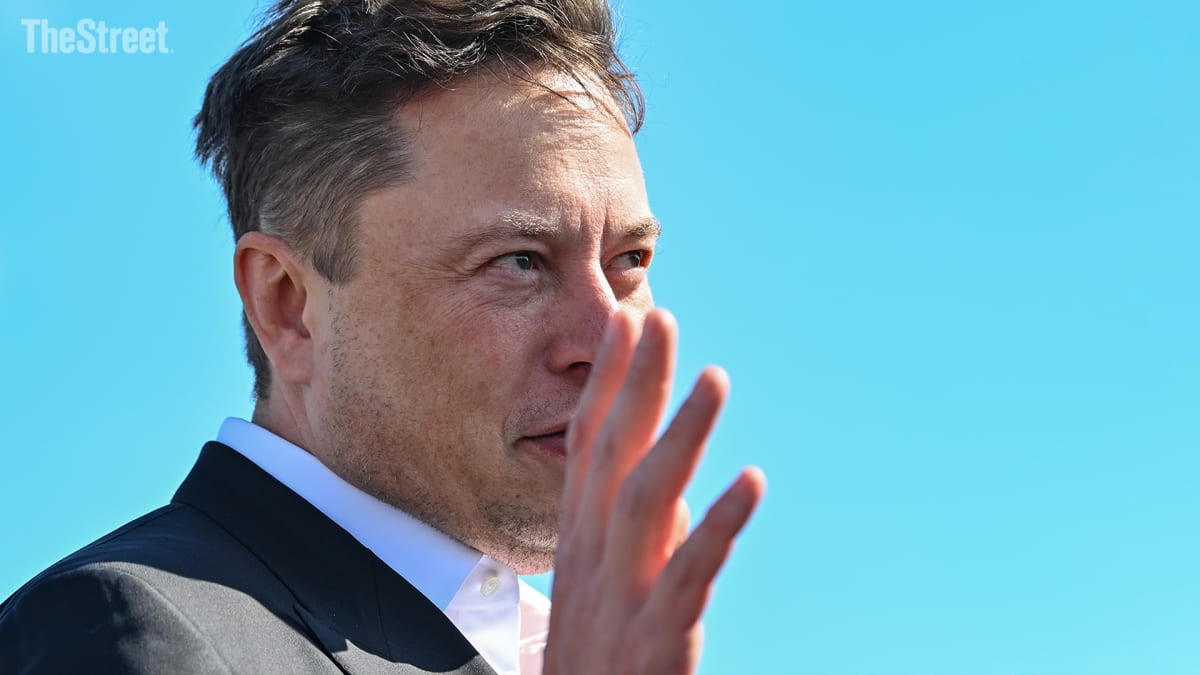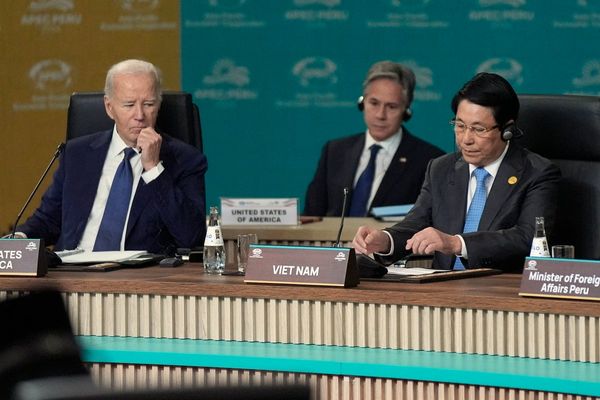
Elon Musk is a "free speech absolutist."
It was in the name of free speech that he announced that he was acquiring Twitter, which he said had become a censor of unpopular opinions.
Since the acquisition of the social network on Oct. 27, Musk has been revamping the platform to find sources of revenue, as he personally went into debt to the tune of $13 billion to finance this deal, which cost him $44 billion.
The billionaire wants to move fast as he must pay annual interest of $1.2 billion to the banks soon.
He thus cut half of the firm's workforce in one day, or 3,700 jobs, and gave an ultimatum to the rest of the employees to choose between leaving or working long hours. A massive exodus of talent ensued, forcing Musk to close Twitter's offices until Nov. 21.
But one of the big challenges to the ambitions of the tech tycoon is to retain advertisers, who have paused their advertising spots on the platform because they do not want their products and services to be associated with misinformation, hateful and racist remarks and bullying. Their fears are due to the fact that Musk wants to be more accommodating when it comes to policing acceptable messages on the social network.
Trump Is Back
The billionaire believes that free speech comes first. The only limit he imposes is the law: he would only suspend a tweet if it violates the law of the country where it is posted.
He began to apply this principle by reactivating the account of former president Donald Trump, banned from the platform since Jan. 8, 2021 after the events on Capitol Hill.
He also reinstated the accounts of the satirical conservative-leaning site The Babylon Bee and that of the Canadian psychologist Jorden Peterson on Nov. 18. These had been banned by the former Twitter team for making hateful remarks.
These moves raise fears that Musk will bring extremists back to the platform. But the billionaire has just drawn a red line. He has just rejected the reinstatement of the account of conspiracy theorist Alex Jones.
It all started with a question asked by Musk:
"What should Twitter do next?" Musk asked on Nov. 18.
"Bring back Alex Jones!!!!" a Twitter user responded.
"No," Musk firmly said.
'Too Bad'
But another user didn't let go and expressed their disappointment in very strong terms to Musk.
"Alex Jones is the litmus test, @elonmusk. Not just on the issue of freedom of speech, but on the issue of not bending the knee to political and judicial intimidation. If this is a hard "no", your Twitter will never be any more trustworthy than @paraga or @Jack's twitter," the user said.
"Too bad," Musk replied.
Jones is obsessed with the theory of the deep state, a fantasy malevolent occult group that secretly pulls the strings of the White House, in conspiracy mythology. He made a fortune, selling survivalist products and disseminating his suspicious interpretations of the slightest event online, through the most influential English-language conspiracy site, InfoWars.
From Sept. 11 to SARS-CoV-2, Alex Jones fired all the paranoid counter-narratives to attract an ever-wider audience. Having become the figurehead of Anglo-Saxon conspiracy, he had 900,000 followers on Twitter and his Facebook and YouTube pages gathered more than 2.4 million followers, before he was banned from Twitter in 2018.
The one who was described by Steve Bannon, the former director of the far-right American site Breitbart News, as the greatest American thinker since the Founding Fathers, has long asserted that the Sandy Hook massacre did not really take place.
He was recently ordered to pay nearly a billion dollars to the relatives of the victims of the Sandy Hook shootings, in a defamation case. In a second defamation case in Connecticut, a judge on Nov. 10 awarded eight families a further $473 million in punitive damages in the form of legal fees, bringing the total to over $1.4 billion.







